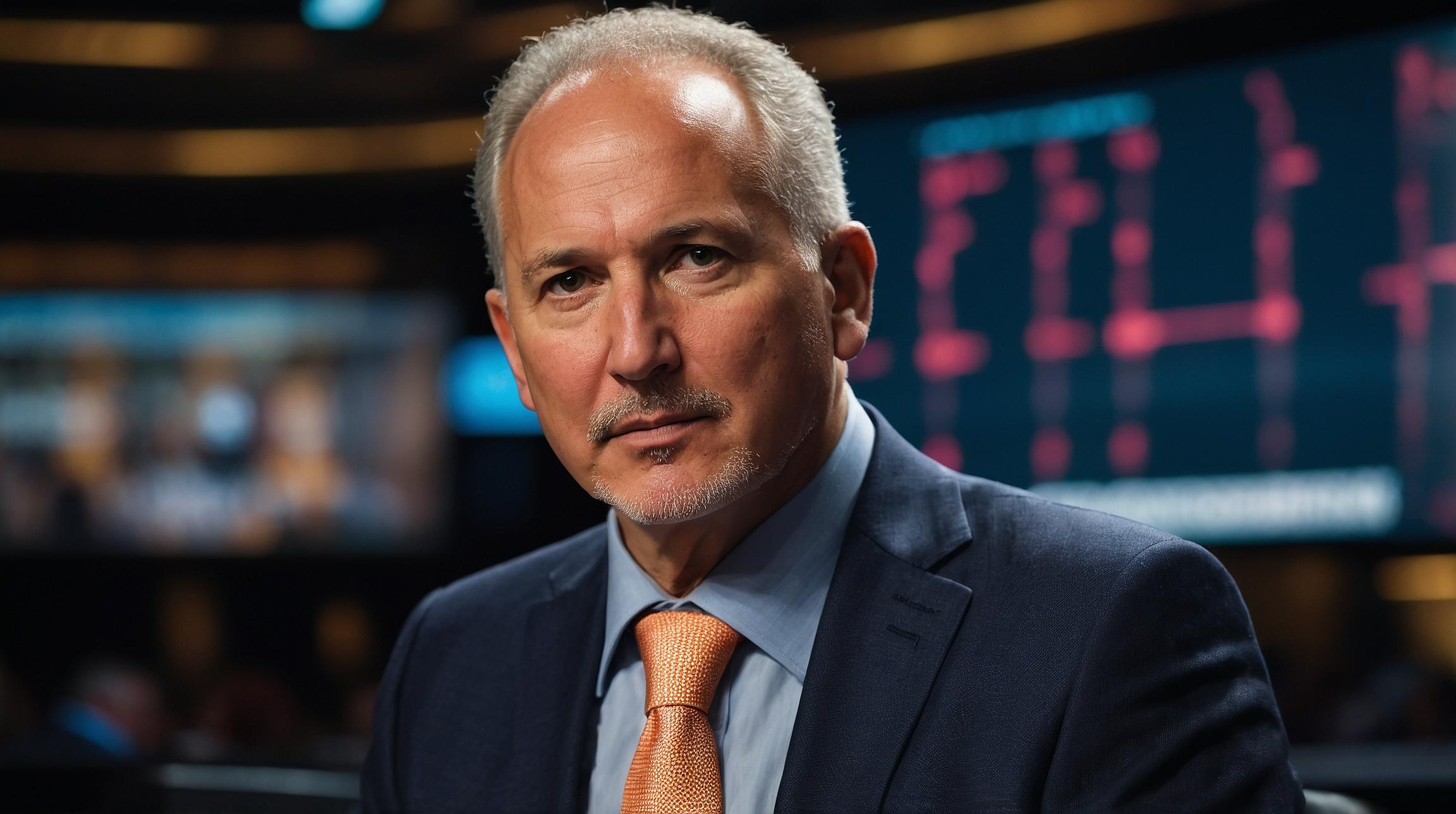The Exclusive Club of 1 Bitcoin Holders
As of mid-2025, blockchain data reveals that between 827,000 and 900,000 addresses hold at least one Bitcoin (BTC). However, many of these wallets belong to exchanges, institutions, or individuals who partition their holdings across multiple addresses. Adjusting for this, the estimated number of unique individuals owning at least one full Bitcoin is closer to 800,000 to 850,000.
Considering a global population of approximately 8 billion, this places full Bitcoin ownership at a strikingly low prevalence of about 0.01% to 0.02%. Among cryptocurrency owners, only around 0.18% hold a full Bitcoin or more, underscoring the exclusivity of this milestone.
Bitcoin Ownership Surpasses Millionaire Status
With Bitcoin’s price exceeding $120,000 per coin in 2025, acquiring a full BTC requires substantial capital and conviction. Allocating such an amount to a single, highly volatile asset demands both financial capacity and risk tolerance beyond the average investor.
By comparison, there are roughly 16 million millionaires worldwide, meaning owning one Bitcoin is statistically rarer than millionaire status. This reframes the question from “How much Bitcoin do you need to be rich?” to “What does owning one Bitcoin signify?” It signifies entry into an elite group of holders.
For instance, NFL player Odell Beckham Jr. converted his 2021 salary into Bitcoin, turning an initial $750,000 into an estimated $1.35 million as BTC surpassed $123,000 in mid-2025.
Bitcoin’s Finite Supply Intensifies Scarcity
Bitcoin’s protocol caps total issuance at 21 million coins. By 2025, over 19.8 million BTC have been mined, leaving fewer than 1.2 million yet to be created. Factoring in lost coins and long-term holders further reduces the accessible supply.
Ownership concentration is stark: approximately 1.86% of Bitcoin addresses control 90% of the supply. Large exchanges, early adopters, and institutional custodians dominate holdings. Notably, four addresses holding between 100,000 and 1 million BTC collectively own 14% of all Bitcoin, while the top 100 addresses hold over 58%.
Satoshi Nakamoto, Bitcoin’s pseudonymous creator, is estimated to possess between 750,000 and 1.1 million BTC, valued at $92 billion to $135 billion in 2025.
Unequal Global Distribution and Access Barriers
A 2024 Triple-A survey estimates that 6.8% of the global population—or about 560 million people—own some form of cryptocurrency. Yet only a minuscule fraction hold enough Bitcoin to reach a full coin.
Infrastructure challenges remain significant. Approximately 1.4 billion adults worldwide are unbanked, with limited internet access, digital identity verification, or crypto service availability. Even in regions with widespread mobile money usage, such as Sub-Saharan Africa and South Asia, regulatory hurdles, high fees, and unclear tax policies restrict Bitcoin investment.
Psychological and Market Risks Limit Full-Bitcoin Ownership
Beyond access and capital, Bitcoin’s notorious volatility deters many potential holders. Price swings exceeding 20%-30% within weeks create substantial risk, especially for those unfamiliar with such fluctuations.
The asset also carries a speculative stigma. Prominent investors like Nobel laureate Robert Shiller, Warren Buffett, and George Soros have criticized Bitcoin as a bubble or speculative mania. Combined with documented cases of market manipulation, these perceptions contribute to hesitancy around full Bitcoin ownership.
Paths to Accumulating One Bitcoin
While challenging, strategies to acquire a full Bitcoin exist. Dollar-cost averaging (DCA) remains a popular method, allowing investors to build holdings gradually despite volatility. Yield-generating crypto programs offer potential returns but come with added risks.
High-net-worth individuals and corporations, such as Tesla, have accumulated whole Bitcoins through direct reserve purchases, showcasing the advantage of scale.
Access is also improving through regulated products like spot Bitcoin exchange-traded funds (ETFs), introduced in 2024. ETFs such as BlackRock’s IBIT and Fidelity’s FBTC have attracted over $120 billion, providing mainstream investors with regulated on-ramps.
Additionally, some Web3 companies offer crypto-based salaries, enabling employees to convert earnings into Bitcoin incrementally with minimal fees.
FinOracleAI — Market View
The rarity of owning a full Bitcoin in 2025 reinforces its status as an exclusive asset class with limited supply concentrated among a small group. While rising prices and institutional adoption support Bitcoin’s value proposition, significant barriers remain for broader ownership, including volatility, regulatory uncertainty, and infrastructural constraints.
Market participants should monitor developments in regulatory frameworks, adoption of Bitcoin ETFs, and institutional buying trends, as these factors will influence accessibility and price dynamics. Risks include ongoing price volatility and potential tightening of crypto regulations globally.
Impact: neutral













